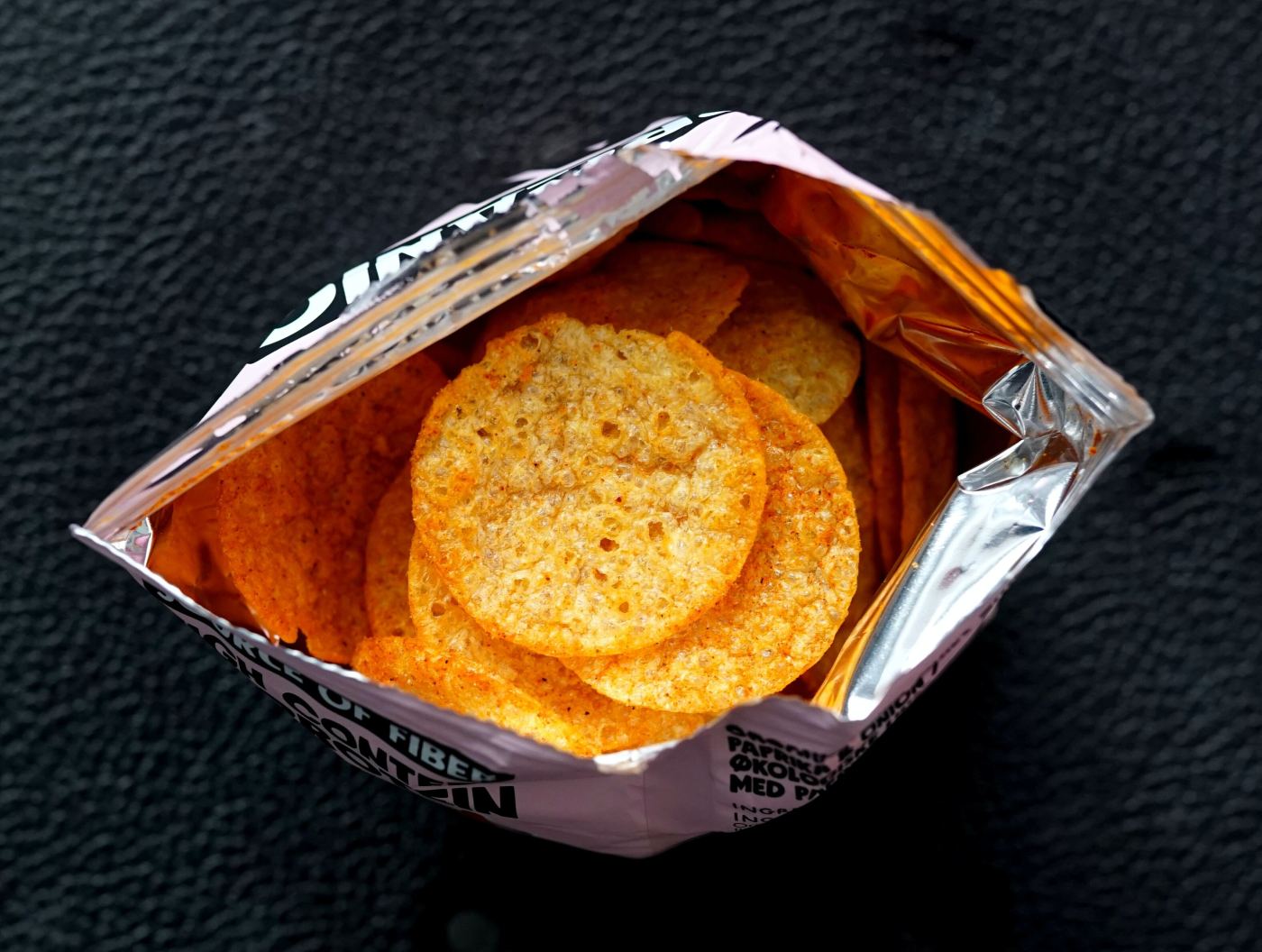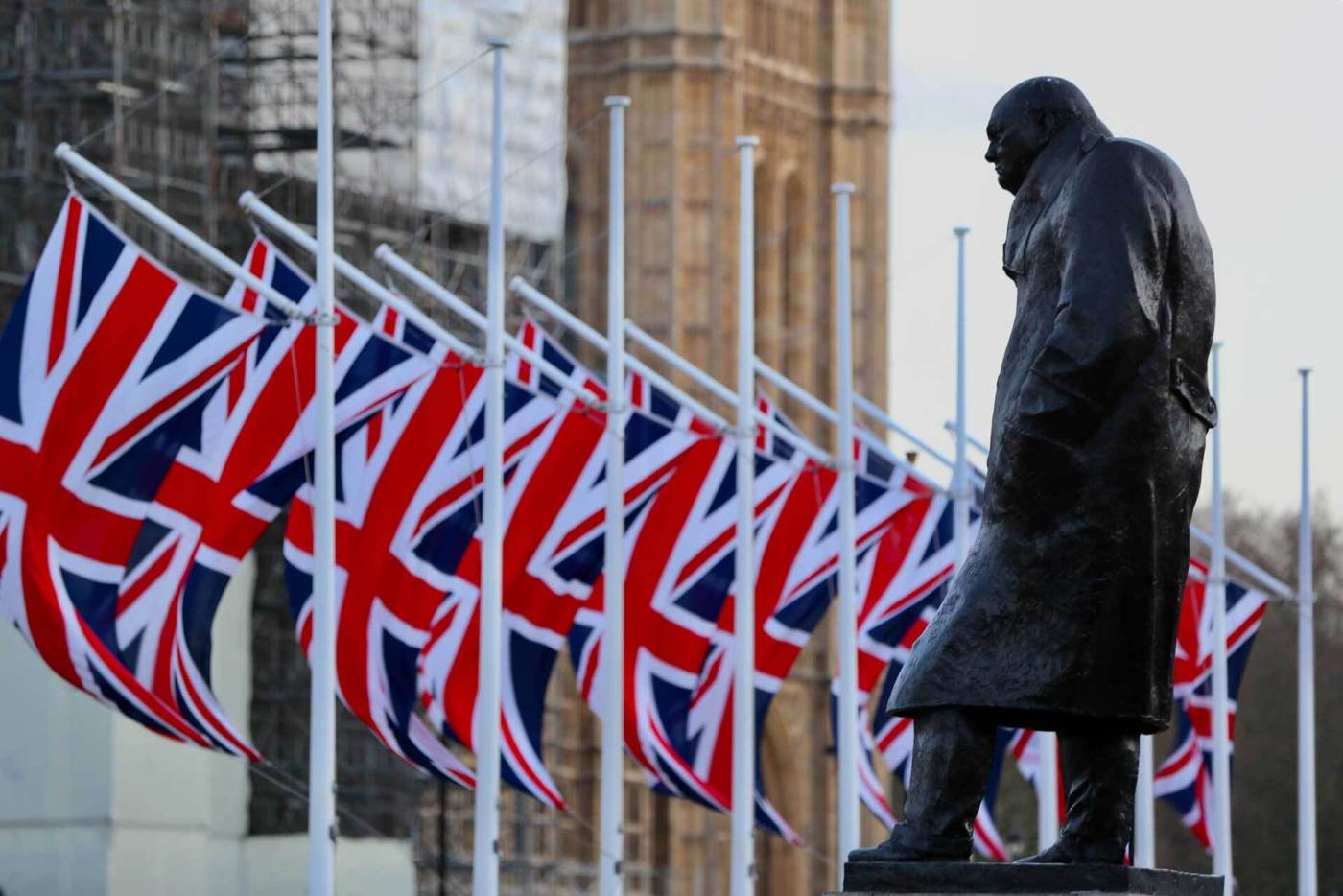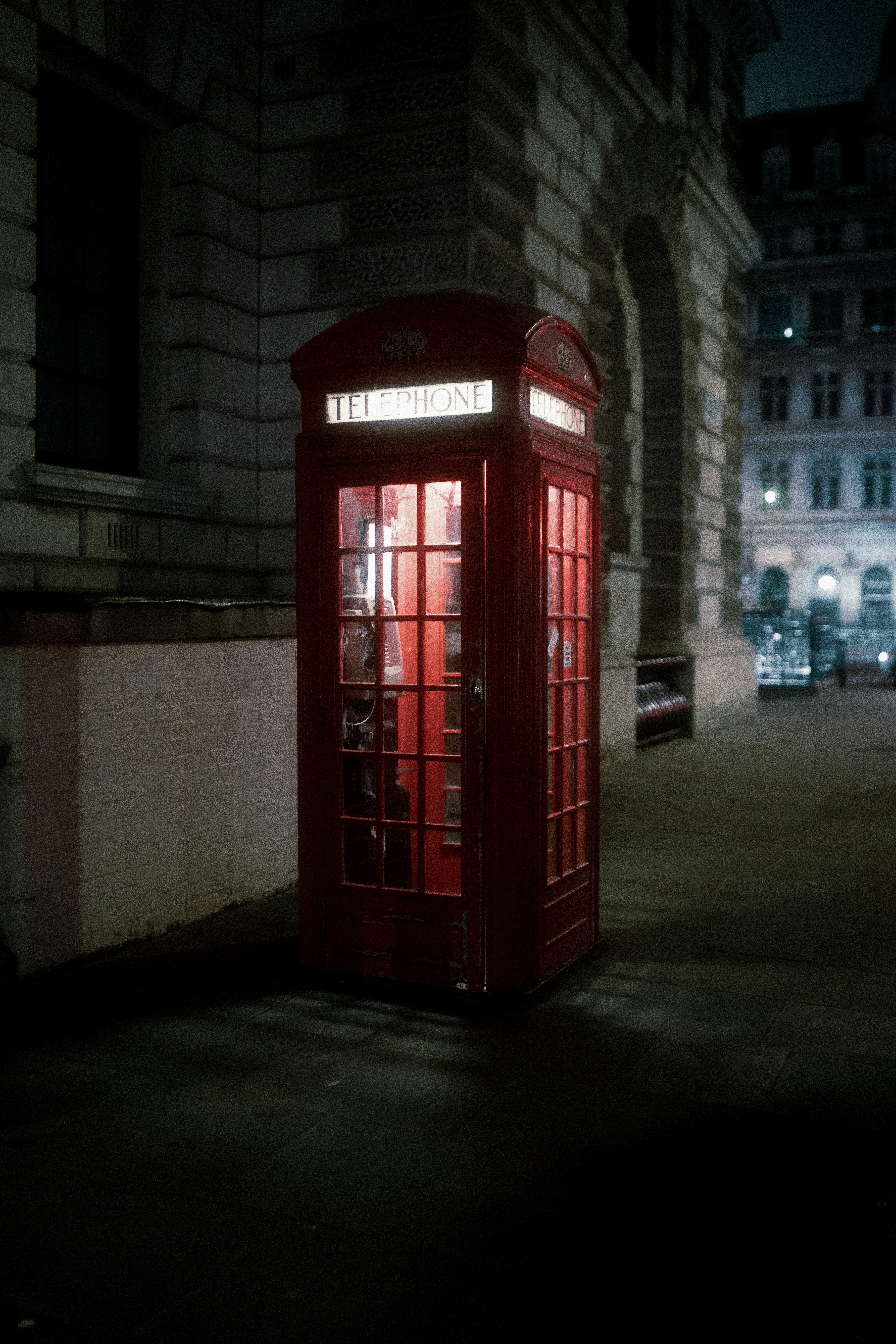
0 results for «»

March 30th 2023
One of the most powerful but unusual traits in politics is consistency. The public responds to people who look like they might actually do what they say they’ll do. Unfortunately, this just as often leads...
Blog
Read more

March 29th 2023
#BCorpMonth: How can you avoid the greenwashing trap?
Greenwashing has ironically become a dirty word. The Oxford English dictionary defines it as; ‘The creation or propagation of an unfounded or misleading environmentalist image’. Pretty sinister, given mounting evidence that our environment is in...
Blog
Read more

March 24th 2023
#BCorpMonth: Can we find healthy, sustainable snacks for our office? #YesVegan
The B Corp certification aims to ensure that we can enjoy products knowing that the companies are meeting higher standards. This is important for everyone. However, for many vegans, this is an essential aid to...
Insight
Read more

March 24th 2023
Obvious
What does ‘obvious’ mean? That’s the crux of the case against Boris Johnson, which played out this week as he faced the Privileges Committee. Is it ‘obvious’ that you are breaking the rules - *your*...
Insight
Read more

March 20th 2023
B Corp month - coordinating a sustainable event
As part of B Corp month, the Lodestone team has put together some key tips for how your organisation can coordinate a sustainable event. The thoughtful movement toward sustainability and protecting the environment is reaching...
Insight
Read more

March 20th 2023
Candidate Tracking
Ahead of the next General Election, we are tracking candidate selections to get insight into the make-up of the next Parliament.Using disparate sources of publicly available information, we have created a structured spreadsheet that helps...
Insight
Read more
